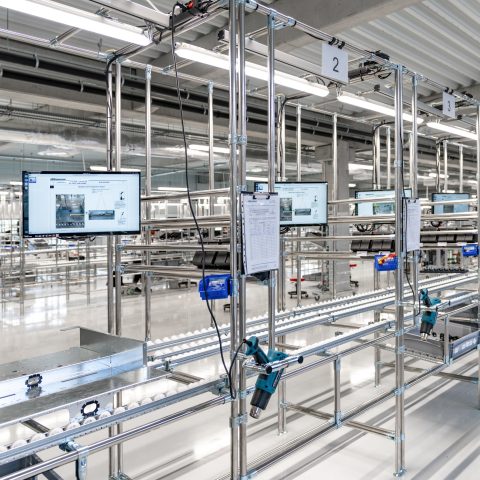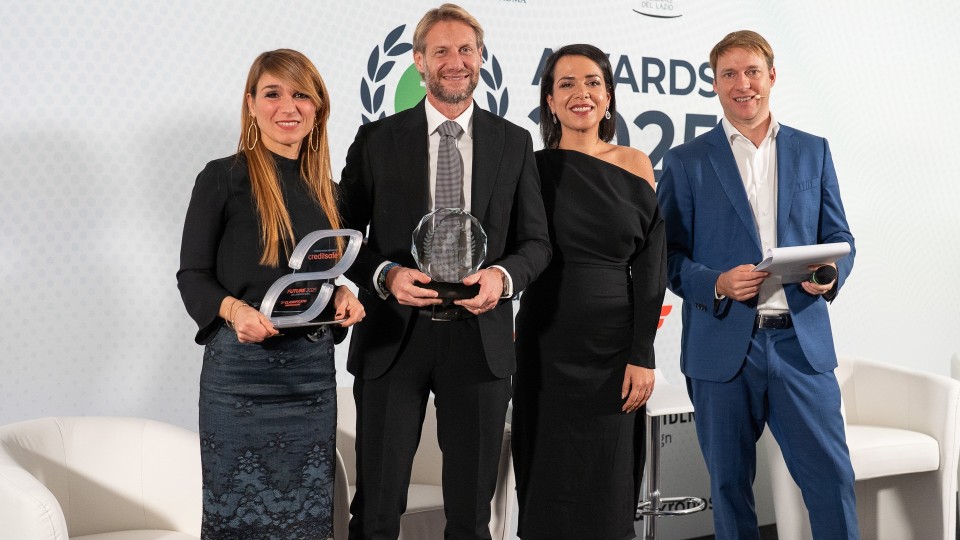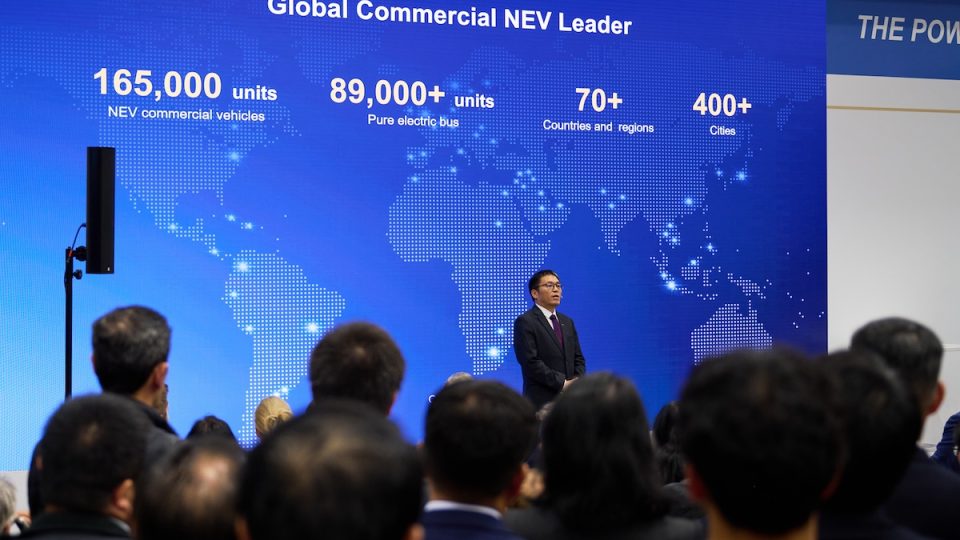Ekoenergetyka opens new EV charger manufacturing line
Ekoenergetyka, a manufacturer of chargers for electric vehicles, opened a new production line that will double the speed of production while improving product quality and efficiency.

The new line, inaugurated today by Ekoenergetyka, can produce up to 50 chargers in each eight-hour shift, a figure that will rise to 90 units by beginning 2025. The company plans to further automate the line next year, introducing industrial robots for certain elements of the production process. Ekoenergetyka doubles sales year-on-year. This growth is part of the company’s strategic plan to enhance its production capabilities and meet rising demand.
The new assembly line will help Ekoenergetyka respond to continued strong demand for chargers, driven by factors including the European Union’s Alternative Fuels Infrastructure Regulation (AFIR), which sets minimum requirements for availability of publicly accessible charging infrastructure. After amassing a 20% share of the market for municipal bus charging stations in Europe, Ekoenergetyka has set its sights on the market for charging EVs owned by private individuals.
“This assembly line demonstrates our commitment to continual improvement as we respond to the changing needs of this growing market,” said Ekoenergetyka CEO Bartosz Kubik. “Our new facility is a key step in our transition away from bench assembly. It will improve efficiency by increasing speed, reducing the risk of errors and making it faster and cheaper to correct them when they do occur.”
Ekoenergetyka plans to continue improving the new line, including by introducing a Manufacturing Execution System and an andon system, which detects quality and process problems. The new digital systems from industrial automation provider Raion will improve precision and quality.
The company unveiled the production line at its headquarters in Zielona Góra, western Poland, to guests including visitors to the CharIN Testival and conference. Ekoenergetyka is hosting the latest edition of the event, which brings together companies from the e-mobility community and their technology experts to conduct conformance & interoperability tests for electric vehicles and charging infrastructures.
Last year Ekoenergetyka announced contracts to supply charge point operators (CPOs), which provide services to individual drivers, including Portugal-based Powerdot, which offers more than 3,500 charging points; Ionity, owned by carmakers including Audi, BMW, Ford, Hyundai-Kia and Porsche; and PKN Orlen, Poland’s largest fuel retailer, which also operates in Czechia and Germany.
Read also: Powerdot installs more than 150 Ekoenergetyka EV charging units across Europe







